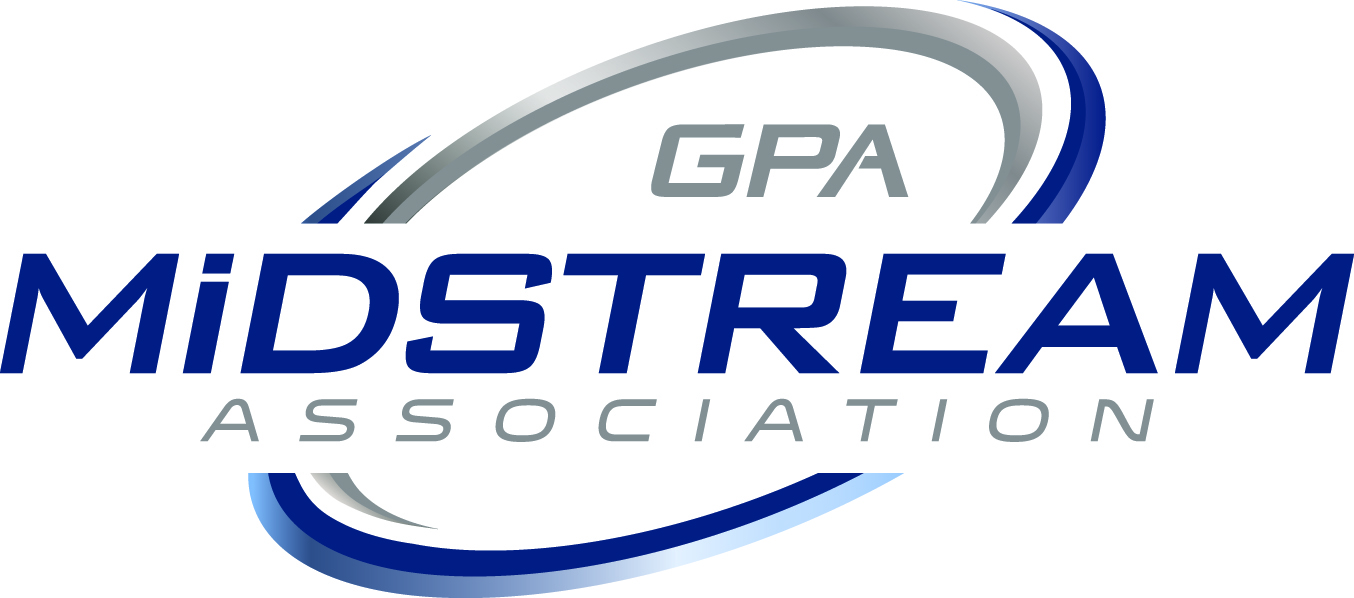Since 2009, GPA Midstream Association has worked with the U.S. Environmental Protection Agency to develop reporting requirements for greenhouse gas emissions data. In the years since that initial rule, the association continued assisting the EPA to streamline, improve and clarify the rule.
While the EPA has listened and incorporated some of the GPA Midstream suggestions into the proposed rule revisions, a host of tweaks that could make it better for member companies and the quality of the data collected.
The association filed comments in early October with the EPA pointing out 150 discrete changes in the proposed Revisions and Confidentiality Determinations for Data Elements Under the Greenhouse Gas Reporting Rule. We have asked for further clarifications and additional considerations on each of these points.
EPA seeks changes in risk management programs for accidental release
GPA Midstream will file comments later this month on a proposed U.S. EPA plan to improve the safety at facilities that use or distribute hazardous chemicals. Among the many industries the EPA said will be affected are midstream gas plants.
The EPA said that while the Risk Management Program rule to protect against accidental releases has been effective, the agency wants to make additional changes to further improve safety while taking climate-change initiatives and environmental justice into consideration.
The GPA Midstream Environmental Committee and the Safety Committee are involved in preparing comments, which are due to the EPA Oct. 28, through the RMP Work Group.
Get out the vote
Participation in our democracy is a hallmark of this nation, and with early voting for the midterms upon us it's a good time to encourage people to exercise that right.
GPA Midstream members have more than 60,000 employees who can make a difference. Employees are likely to share the same values of good governance that company leaders in their industry do.
Encourage your team to vote by providing time to get to the polls, something that can be especially difficult for those in the field far from their voting districts. These votes could make the critical difference in what could be a power shift in Congress in addition to several crucial state legislative races.


